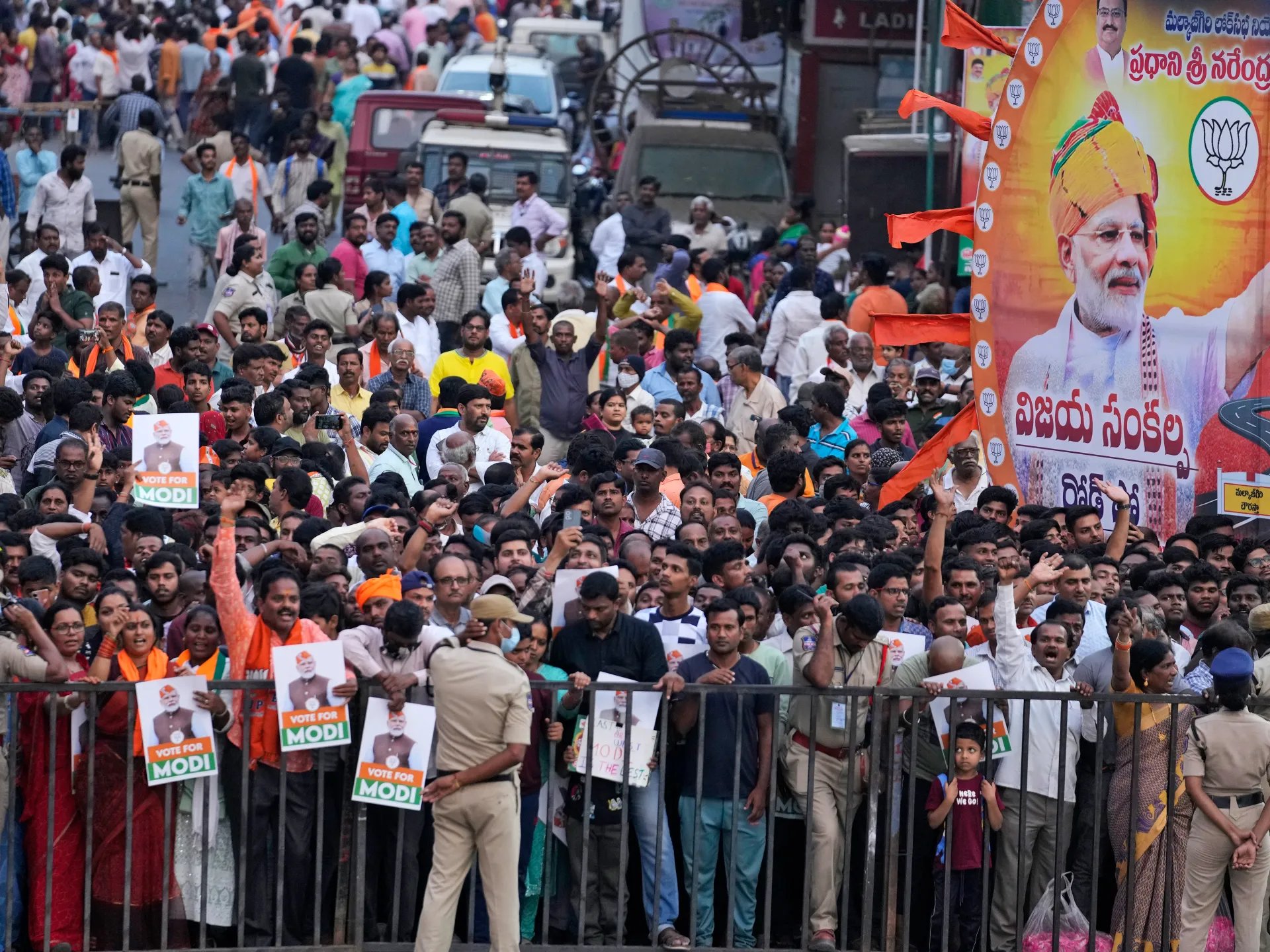By 4 June, the results of the 2024 Lok Sabha elections are almost certainly going to become public knowledge. Over 900 million eligible voters will decide what party, or in the case of many if not most, which leader they wish to head the Government of India until 2029. On the NDA side, it is clear that the Prime Minister chosen by its MPs will be Narendra Modi, who would as a consequence be entering his third term in office. Assuming that the Anyone but Modi (ABM) side prevails, who gets chosen from amongst the leaders of the parties that are united in their efforts at preventing a third term for Prime Minister Modi would depend on the seat tally of the respective parties. Being a national rather than a regional party, the Congress would need its seat tally to range between 120-150 to stake its claim to have its nominee occupy 7 Lok Kalyan Marg. Although in public Mallikarjun Kharge has been declared as the choice of the Congress high command, there may follow a “spontaneous” demand that Rahul Gandhi (assuming that he wins from either of the seats he will be contesting from) take over the job once held by his great-grandfather, grandmother and father. Among the first to agree would be Kharge himself, whose fealty to the ruling family in his party is known. In exchange, he would probably be given a Cabinet Committee on Security portfolio. Other options range from Mamata Banerjee (should she once again resist the BJP wave in her state) or M.K. Stalin, should the DMK and the Congress sweep the polls in Tamil Nadu as a consequence of a three-cornered fight, given that the AIADMK is fighting on its own rather than aligning with the BJP. Of the two, while Mamata would be eager for the promotion, Stalin may be content to remain in Tamil Nadu, just as Chandrababu Naidu was by his own admission twice offered the Prime Ministership in the 1990s but opted to remain in Andhra Pradesh. His resolve to remain in his state rather than seek a national role continues to the present, when he is fighting in alliance with the BJP to return as Chief Minister of Andhra Pradesh, an objective that may as a consequence of the alliance be within his reach.
None of the ABM leaders have had experience in national governance, they have been confined to their own states. In the case of Rahul Gandhi, Prime Minister Manmohan Singh requested him to serve in his government. A request from the Prime Minister of India is equivalent to a command, given the centrality of the role played by the Prime Ministership in the governance and hence the very future of India. In contrast, Narendra Modi has served two terms in the job, after having served three terms as Chief Minister of Gujarat, a state that was converted by him into a BJP bastion. When the chant goes up that democracy would perish in India were he to secure a third term, what is actually meant is that the possibility of any leader of the ABM alliance becoming Prime Minister would be extinguished for at least five years, more likely ten as a consequence of a third Modi term. Given that power is central to participation in democratic processes for so many politicians, being out of power for ten years more, that too after a decade out of power, must be a bleak prospect. Hence the effort to use any argument, any stratagem, to reduce the BJP to not just minority status in the Lok Sabha, but to having secured a tally so low that it would be impossible for Prime Minister Modi to secure any additional allies that may move the NDA above the 272-seat mark. India is primed to take advantage of geopolitical tailwinds in order to attract investment on a scale not even conceived before. Elon Musk is among those who has read the tea leaves correctly. If a tech company needs to rely on markets other than China, Russia, Iran and Pakistan in the future, basing its production in China may block its access to other markets within brief years, certainly by 2027. Prime Minister Modi is a known, tested Head of Government where the country is concerned. None of the alternatives are. Which is why the 2024 Lok Sabha polls could well decide whether India slips back into the low rates of growth of the 1950s and the 1960s, or moves forward into the double digit growth needed to eradicate unemployment amongst the young.

